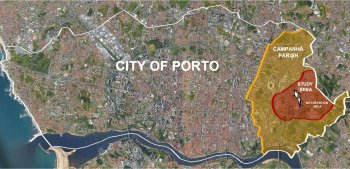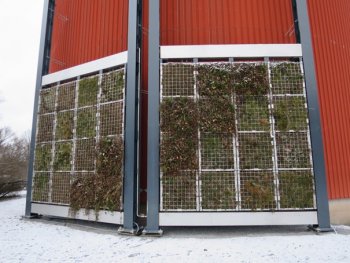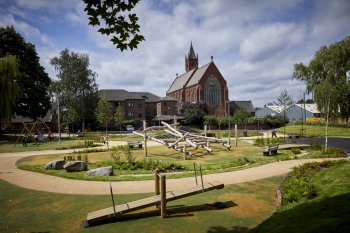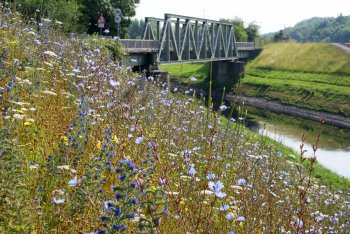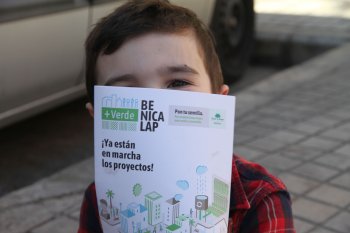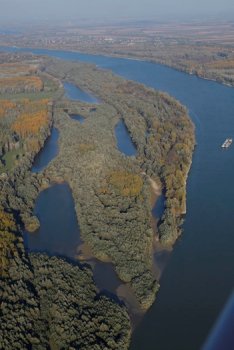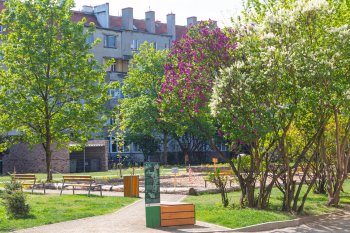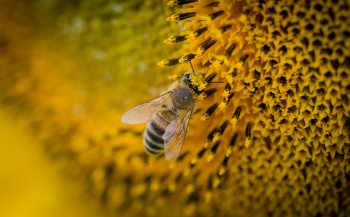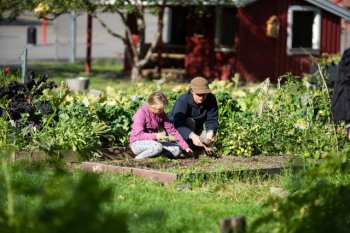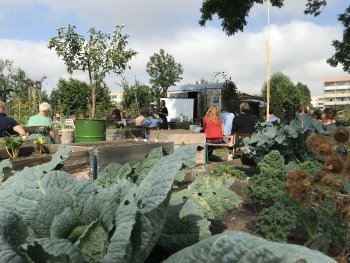Co-Creation of an URBiNAT Healthy Corridor for Campaña, Porto
The outline of a study area was developed by the Local Taskforce of Porto, according to the previously established commitment by the municipality of Porto to develop the project URBiNAT in this area. The first criteria were to ensure the inclusion of Cerco, Falcão, Lagarteiro, and other social housing neighbourhoods nearby.
Given the intention of implementing new healthy corridors, the study area includes the most relevant strategic green spaces (Oriental Park, Corujeira Plaza, Quinta da Bonjóia, municipal nursery), services (schools, industry, health centres, local associations)...

